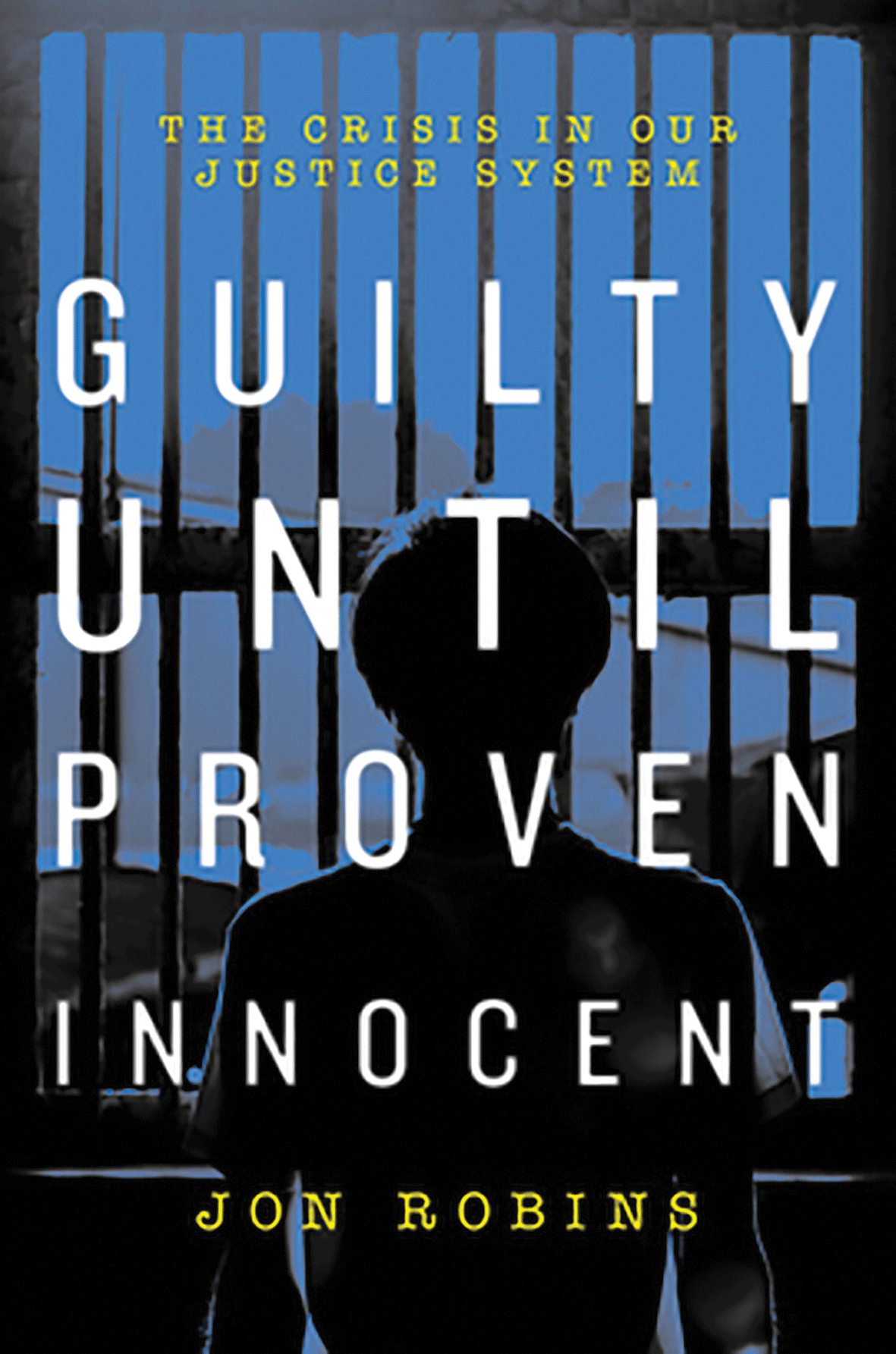Jimmy Savile’s ghost
Guilty Until Proven Innocent
Jon Robins
£12.99, Biteback Publishing
4/5*
Solicitors will probably agree that there are issues with the criminal justice system. But is the system failing and what went wrong? This book deals with these questions, beginning with historic complaints of police incompetence and corruption, and moving to concerns about inadequate forensic investigation. The police are under constant pressure to arrest someone.

Robins quotes the College of Policing policy book, which stated in March 2016: ‘At the point when someone makes an allegation of a crime, the police should believe the account given.’ In 2014, Her Majesty’s Inspector of Constabulary expressed the view that ‘the presumption that a victim should always be believed should be institutionalised’.
This is where ‘Savile’s ghost’ appeared. There was a collective guilt about the years when victims were ignored. However, it goes back further to the period when there was concern about the huge numbers of complaints of sexual assault and rape, and low levels of convictions.
Can the police be blamed for responding to genuine concerns? The central question is how many injustices will we accept for the greater good of more offenders being convicted. Lawyers, I would hope, would not tolerate very many. The policy to believe everyone has led to injustice and pressure to make arrests. This has resulted in police publicly appealing for victims to come forward rather than witnesses. This leads to ‘flypaper’ policing – string a suspect up and allegations will stick like insects to flypaper.
There is, we are told, no smoke without fire and the public are reluctant to believe anyone would make up an allegation. Presumably, the more serious the allegation the less likely it is anyone would lie? Yet lie they do.
Where are solicitors in this? Well, stuck in the middle. We do not get off unscathed. There is criticism for lawyers who advertise for abuse claims. As standard high street work becomes more challenging, there is bound to be a minority who bend the system.
This book is a tribute to the bar and many solicitors who fund the fight against injustice, often acting free of charge. Everyone knows and cares about legal aid cuts and the resulting injustices (apart from government and the public).
How do the police or defence cope with the scale of evidence? We all have a digital presence. The book includes an account of a case with 40,000 text and WhatsApp messages and another with 1,700 statements. How can anyone – police, CPS or defence – analyse that bulk of information and who is going to pay for it?
This interesting book does not come to many conclusions. It deals with murder, child abuse, sex offences, shaken baby and joint enterprise. Plenty of scope for injustice there. As an aside, there is an interesting reference to the International Guild of Knot Tyers.
David Pickup is a partner at Pickup & Scott Solicitors, Aylesbury































No comments yet